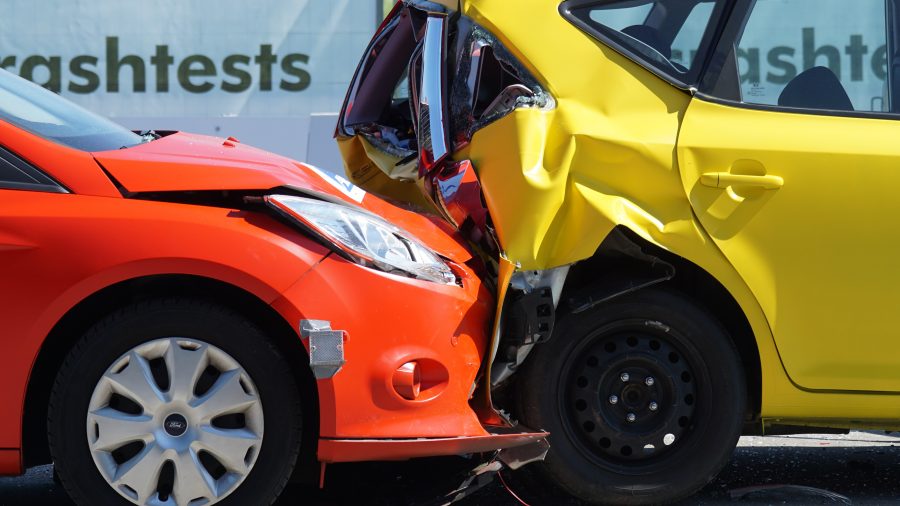According to a US study, you are more likely to die driving a small car than a luxury SUV. This is alarming news for small car drivers, but it’s not the whole story. Many recent model small cars have lots of safety technologies and receive five-star ratings in crash tests. It all depends on how you measure safety.
Death rates of drivers
The Insurance Institute of Highway Safety (US) study looks at death rates of drivers only. This is a more limited view of safety. It does not include injuries or death rates of other occupants, other road users, or pedestrians.
For 2017 models (or similar older ones), small cars and minicars made up 15 of the 20 models with the highest death rates. Nearly half of the 20 models with the lowest death rates were luxury SUVs. Very large SUVs had the lowest overall death rate of all at 15 deaths per million vehicle years.
Two small cars broke the mould for their size and class: Volkswagen Golf and Nissan Leaf. They respectively had death rates of 0 and 5 per million vehicle years. This compares well to a small car rate of 61 deaths per million vehicle years. The 2017 Ford Fiesta fared worst of all with 141 deaths per million vehicle years.
Even so, this presents only the driver’s side of the picture.
ANCAP safety ratings
Australia’s safety body, Australasian New Car Assessment Program, assesses vehicle safety in a more comprehensive way. It uses the same four factors as the European New Car Assessment Program:
- Adult occupant protection
- Child occupant protection
- Vulnerable road user protection (pedestrians, cyclists etc)
- Safety assist (in-car safety technologies)
ANCAP gives a star rating based on the lowest ranking of the four. However, the basis of these ratings can change from year to year. A 2009 safety ranking is based on far fewer factors than a 2020 safety ranking. Interestingly, the Ford Fiesta received 5 stars using a 2009 safety ranking. It is better to buy a car with five stars from a recent ranking year.
UCSR programs
Monash University Accident Research Centre Used Car Safety Rating (UCSR) programs are based on actual crashes in Australia and New Zealand. They use two factors:
- Crashworthiness – ability to protect occupants
- Aggressivity – risks to other drivers and vulnerable road users.
UCSR wanted to see whether passenger vehicles or SUVs are safer in the large, medium and small segments. It found occupant safety was higher in passenger vehicles than in SUVs. But two SUVs had better ratings than passenger vehicles for the safety of others. Overall, medium sized vehicles (passenger or SUV) achieved the best balance of safety.
Causing serious injuries
A small study in Michigan found SUVs cause more serious injuries to pedestrians than cars do when travelling over 19mph:
- At 20-39 mph, 30% of crashes with SUVs, compared to 23% of cars, resulted in a pedestrian death
- At 40 mph and higher, all three crashes with SUVs, compared to 54% of cars, killed the pedestrian.
The Michigan study is not necessarily representative of the rest of the US. However, fatal single-vehicle crashes involving SUVs striking pedestrians increased 81% from 2009 to 2016, more than any other vehicle. Over a similar period, SUVs rose in popularity from 21% to 29% of the total US passenger fleet.
Safety on the road
It is difficult to draw any definitive conclusions from these examples. After all, safety on the road depends just as much on personal driving style, weather, or road conditions, as it does on the vehicle itself.
In Australia, we take the international “safe system” approach to road safety. However, in a safe system, it’s much easier to address “safe vehicles”, “safe roads” and “safe speeds” than it is to address the last factor: “safe people”.


your opinion matters: